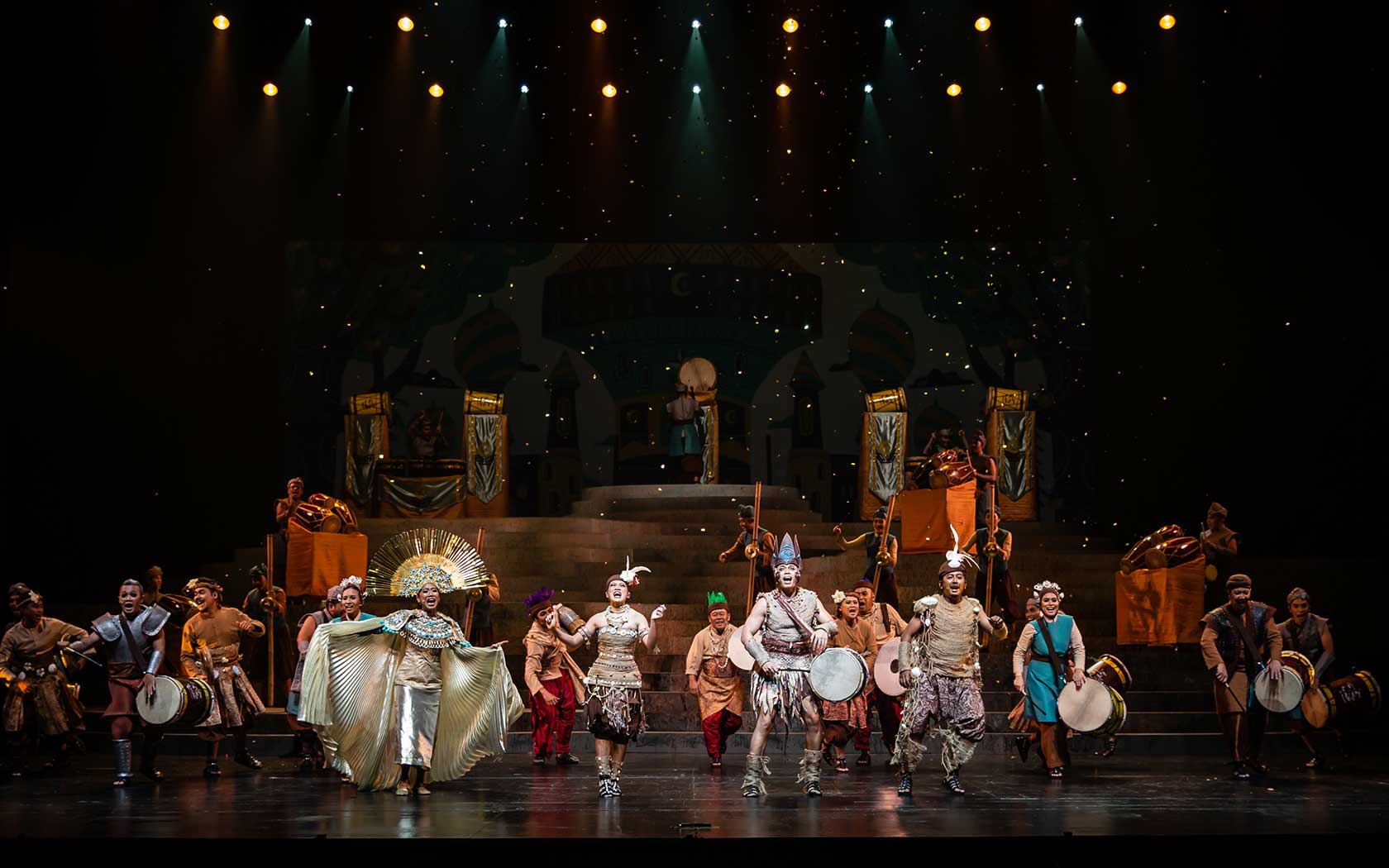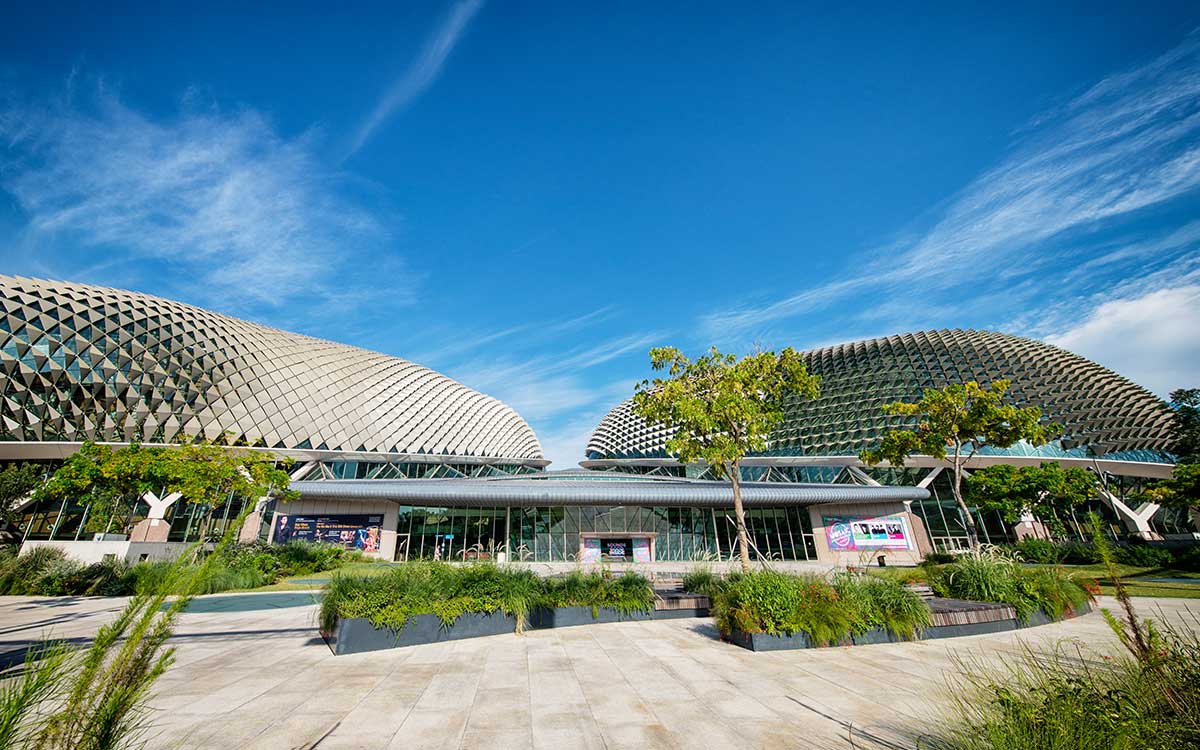We use cookies to improve your experience on our site. To find out more, read our data protection and cookie policy. By using our site, you agree to our use of cookies. Close to continue browsing.
Esplanade Presents
The Sacred Art of Sikh Music
4 Apr 2025, Fri, 7.15pm
6 Apr 2025, Sun, 3.15pm
(Intermission: None)
DBS Foundation Outdoor Theatre at Esplanade (4 Apr), Esplanade Concourse (6 Apr)
This event is over.

This event is over.
“Whosoever listens to kirtan or sings kirtan of Hari shall be free of all ills.”
– Guru Granth Shahib
In Sikh tradition, no ceremony, occasion or event is complete without the singing of kirtan—a devotional hymn in praise of God. A cherished form of congregational prayer, it has, according to scripture, the ability to cleanse the mind of impurities, both physical and sensual; liberate one from the burdens of time and death; dispel disease, sorrow and suffering; and usher in peace and bliss.
Understanding the Sikh religion
In Punjabi, the word “sikh” means “disciple”, and central to the faith is the relationship between the Sikh and his master, who guides him through the teachings and writings of the 10 Gurus. Sikhism is rooted in the principles of oneness and love, encouraging a life of servitude and spirituality. It is believed that to lead a good life, one must work diligently, live honestly, treat everyone equally, serve others, be generous to the less fortunate, and keep God close to the heart and mind at all times.
Hymns of Praise
Music is a central part of worship, with the religion’s 16th century founders being skilled poets, composers and musicians. Foremost among them was Guru Nanak, who expressed his teachings and revelations through poetry, which he sang alongside his companion Bhai Mardana, a bard who played the rabab—a plucked string instrument.
Over time, Guru Nanak's hymns, along with those of his nine successors, were compiled into what is now known as the Guru Granth Sahib, the sacred scripture of the Sikhs. Within this revered text, the hymns of the Gurus are organised under 31 raags or ragas—modes characterised by a specific series of notes and path melodies. Each raga has a name, an associated time of day or year when it is best performed, and evokes specific emotions.
In the hands of his spiritual successors and devout Sikhs, this musical tradition has flourished as a powerful means of spiritual elevation. New ragas, styles and musical instruments have emerged, perpetuating the legacy of creativity and devotion. Today, the singing and contemplation of these hymns resonate day and night at Sikh temples all over the world.
Gurmat Sangeet Academy at the Sikh Centre
Over two days, students and alumni from the Gurmat Sangeet (Sikh Music) Academy will perform compositions by academy instructors Arvinder Singh from Patiala, India, who has over 15 years of teaching experience, and Gurjit Singh from Chandigarh, India, who holds a master’s degree in vocal music and is currently pursuing a PhD in music at Punjab University, Chandigarh.
On 4 Apr, academy students aged four and up will showcase their musical talent in a kirtan presentation featuring a diverse range of instruments, alongside music instructor and tabla maestro Harpreet Singh.
On 6 Apr, the performance will feature the GSA alumni along with music instructor and tabla maestro Pt Balvinder Singh.
4 Apr 2025, Fri
7.15pm
6 Apr 2025, Sun
3.15pm


Become a member

Great arts experiences begin with Esplanade&Me. Join this membership to enjoy ticket specials on shows at Esplanade, early bird specials, promotions at Esplanade Mall, unlimited access to Offstage and more.

Never miss a show again. Get on our mailing list.
- The Sacred Art of Sikh Music










